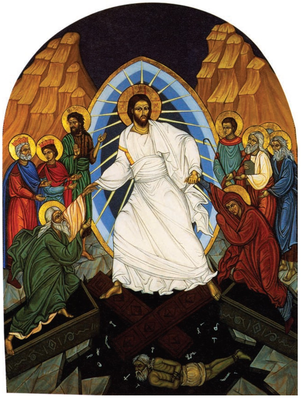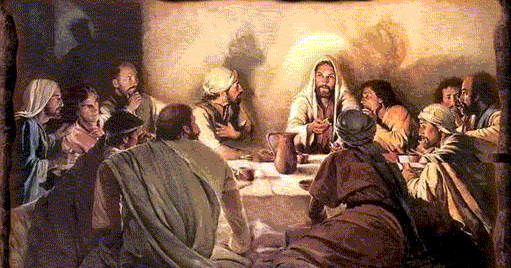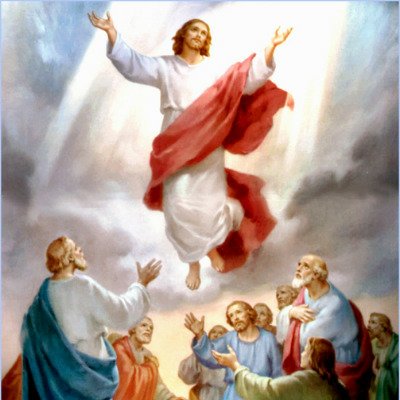Resurrection and the significance of Easter and Pesach

To all my FB friends: Happy Easter and Pesach!
First, a beautiful quote from that wise Vietnamese Zen Buddhist monk Thich Nhat Hanh:
Some people live as if they are already dead.
There are people moving all around us, who are consumed by their past, terrified of the future, and stuck in emotions like anger and jealousy.
They are not alive–they are just walking corpses!
If you look around, you will see people going around like zombies.
We must practice resurrection. With an in-breath, bring yourself back to your body.
Joy, peace, and happiness are possible. You have an appointment with life, and that life is always in the here and now.
–Thich Nhat Hanh
If one enters into the archetype of Easter, viewing the Resurrection story as great mytho-poetry, there is no conflict with scientific paradigms and language games. It’s only when religions assert their propositional truth (ex. the creationist dogma), literally that they embark on a collision course with science.
In that spirit, after the great bluesiness of Good Friday when there is a great emptying of the Christ, the immanent Logos on the cross (‘kenosis’ in Greek), there comes the light climax of the resurrection story.
On Good Friday, the Christian God incarnate is literally dead, and it is ironic that the great atheist Nietzsche (the child of a strongly Lutheran family), echoes the Good Friday motif when he declared in ‘The Gay Science’: ‘Have you not heard? God is dead.’
On Easter, Yeshua joins the pantheon of resurrected gods and heroes. including the Egyptian Osiris and the Greek Dionysus.
I think we all go through symbolic deaths and resurrections many times in one’s life–the loss of a relationship, a job, deep depression, and feelings of abandonment.
Resurrection is the symbolic transcendence of all that dead and deadening stuff, a new awakening of hope and joy.
Pesach or Passover is a Jewish festival that celebrates liberation from bondage, oppression, and dependency. In the great story of deliverance (Exodus in the Torah).
Whether you are Jewish or not, you may want to take inventory of all the circumstances in your life–connected to your job, relationships, career, academics, etc., that you find oppressive. What is the one toddler step you can take here and now to free yourself?

